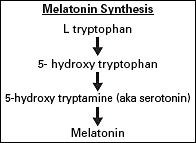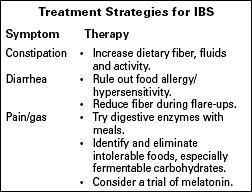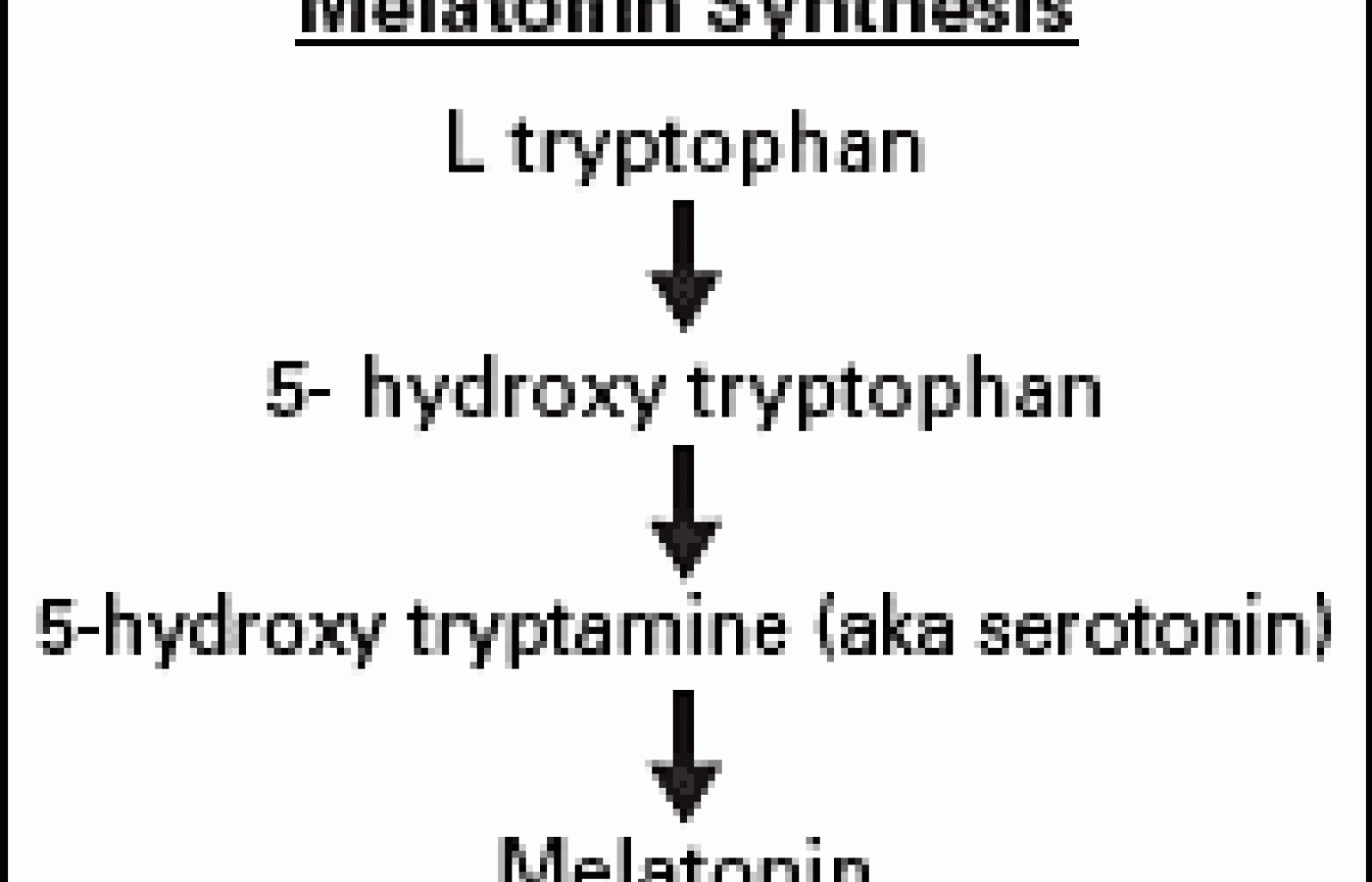It’s a new year and many chiropractors are evaluating what will enhance their respective practices, particularly as it relates to their bottom line. One of the most common questions I get is: “Do I need to be credentialed to bill insurance, and what are the best plans to join?” It’s a loaded question – but one every DC ponders. Whether you're already in-network or pondering whether to join, here's what you need to know.
Melatonin and Irritable Bowel Syndrome
Melatonin is involved in the regulation of the sleep-wake cycle, circadian rhythms, and seasonal changes in the light-dark cycle. Commonly used to induce sleep, some (but not all) find that melatonin reduces jet lag. There is a high concentration of melatonin in the pineal gland, where it is manufactured. I was surprised to learn there are significant amounts of melatonin present in the gastrointestinal tract. Apparently, melatonin helps regulate gastrointestinal motility.1

Those of you who do more than a site-specific history are well-aware of the number of people who suffer from irritable bowel syndrome (IBS). Epidemiological studies performed in the United States, the United Kingdom, and China show that IBS affects nearly one in five people.2
The exact cause of IBS is unknown. It is called a syndrome because it causes a wide range of symptoms, from gas, bloating, and pain to constipation and diarrhea. Excessive stress (emotional or physical), can trigger flare-ups, as can the wrong foods, hormonal variations and even changes in activity patterns. A patient who has IBS and is sensitive and/or allergic to a specific food can run the risk of exacerbating his or her condition. The most common foods that affect IBS include grains, alcohol, caffeine, chocolate, dairy, and carbonated beverages.3 However, any food a person has difficulty with can provoke symptoms. In some people, simply eating a large meal can trigger IBS. In some people, simply eating a large meal can trigger IBS.

Recently, two papers written by doctors in Singapore have linked melatonin with irritable bowel syndrome.4,5 When studying the etiology of irritable bowel syndrome in the year 2000, it was discovered to be more common in night-shift nurses than day-shift nurses.6 This finding led to a pair of double-blind, placebo-controlled studies. The first involved 17 women4 and the second involved 40 patients (24 female and 16 male).5 In Lu, et al.,4 women were given 3 mg of melatonin at bedtime or a placebo for eight weeks, followed by a four-week washout period. Then the women received the opposite treatment for a second eight-week period. In the Song, et al., study,5 the subjects were given either 3 mg of melatonin or a placebo at bedtime for twoweeks, followed by a washout period, and then two more weeks of reversed treatment. The results of both studies showed that melatonin reduced the degree of IBS symptoms, especially abdominal pain and bloating. Curiously, melatonin did not affect sleep scores in either study. It also did not affect anxiety, depression, stool type or stool frequency.
Although studies involving larger sample sizes and conducted for longer periods of time are needed, melatonin may be worth a try for IBS patients - especially for those who have had unsatisfactory or unsuccessful results with other approaches.
References
- Bebeuik GA, SF Pang. The role of serotonin and melatonin in some parameters of gastrointestinal activity; ontogency, some regulation of food, and mutual seratonin-melatonin feedback. J. Pineal Res 1994;16:91-99.
- National Digestive Diseases Information Clearing House (NDDIC). http://digestive.niddk.nih.gov/ddiseases/pubs/ibs.
- National Digestive Diseases Information Clearing House (NDDIC) http://digestive.niddk.nih.gov/ddiseases/pubs/ibs_ez/.
- Lu WZ, KA Gwee, SM Moochhala, KY Ho. Melatonin improves bowel symptoms in female patients with irritable bowel syndrome: a double-blind, placebo-controlled study. Aliment Pharmacol Ther 2005;22:927-934.
- Song GH, et al. Melatonin improves abdominal pain in irritable bowel syndrome patients who have sleep disturbances: a randomized, double-blind, placebo-controlled study. Gut 2005;54:1402-1407.
- Lu WZ, et al. Bowel symptoms are related to sleep disturbances in shift nurses. Gut 2000;47A:40.



